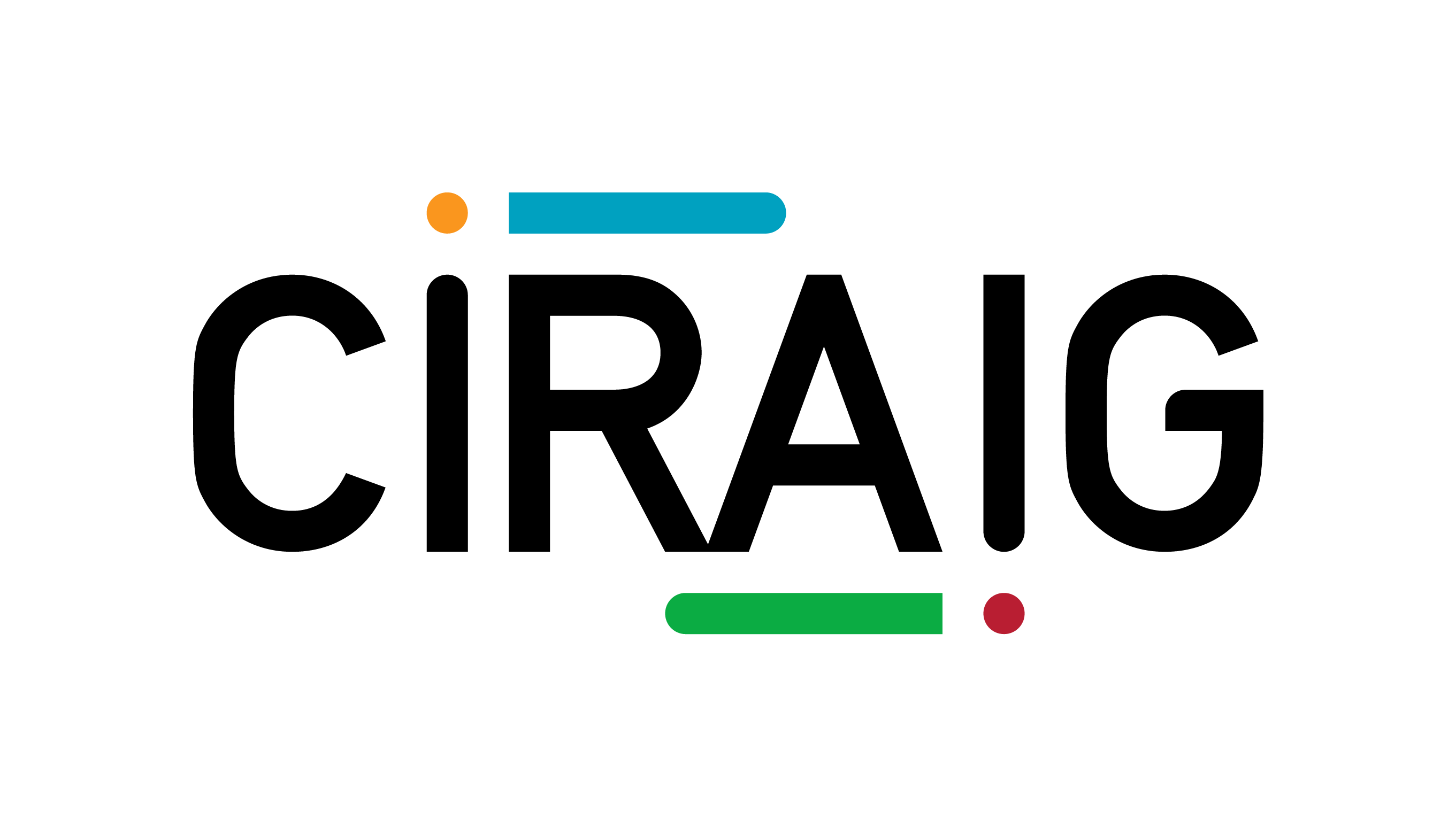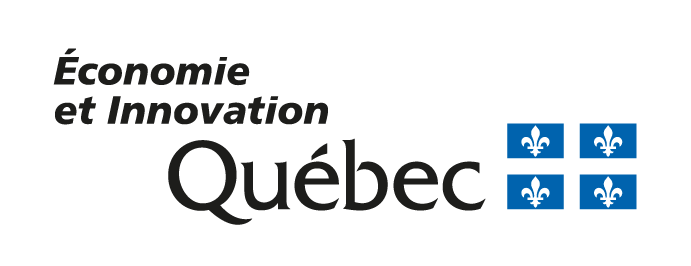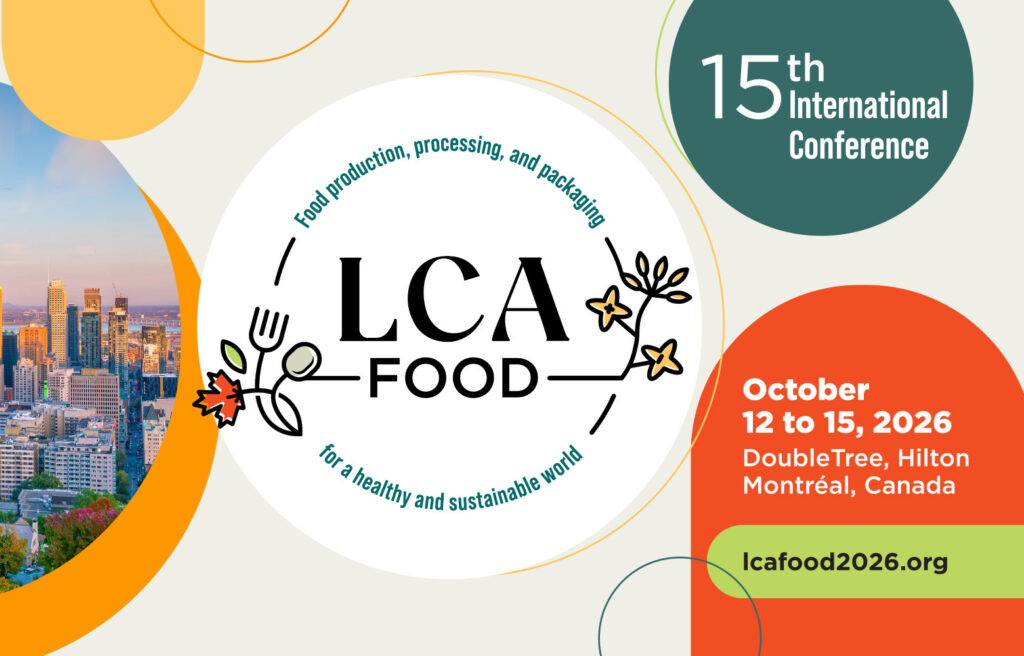Project
Study of the potential of Québec’s hydrogen sector
Consultation with the main economic actors of the Quebec Hydrogen ecosystem, highlighting the potential business opportunities and deployment strategies for Hydrogen in different economic sectors.

In the wake of the work undertaken in this sector, a hydrogen steering committee composed of representatives from Transition énergétique Québec, Ministère de l’Énergie et des Ressources naturelles, Ministère de l’Économie et de l’Innovation and Hydro-Québec was established in May 2019 to exchange ideas on the future of green hydrogen in Québec and on the role of this energy vector in the energy transition.
The goal of this study, which began in July 2019 and is now available below, is to provide the government with a realistic, objective and up-to-date picture of the techno-economic landscape and the challenges facing the hydrogen sector. In short, it will serve as an extremely useful guide for future government actions and positions that may lead to the development of projects in this industry in Quebec.
The CIRAIG conducted a consultation with the main economic actors of the Quebec Hydrogen ecosystem. This project helped reinforce the literature review conducted by Polytechnique Montreal. It also helped to promote the potential business opportunities and deployment strategies for Hydrogen in different economic sectors.
The results of the project on perceptions, interests and motivations of the economic actors to commit and invest in economic development projects allowed us to provide a better understanding of the most engaged economic actors towards green Hydrogen. We identified the strengths, weaknesses, opportunities and threats (perceived and real) in the business environment.
We use cookies on our website to give you the most relevant experience by remembering your preferences and repeat visits. By clicking “Accept”, you consent to the use of ALL the cookies.
Manage consent
Privacy Overview
This website uses cookies to improve your experience while you navigate through the website. Out of these, the cookies that are categorized as necessary are stored on your browser as they are essential for the working of basic functionalities of the website. We also use third-party cookies that help us analyze and understand how you use this website. These cookies will be stored in your browser only with your consent. You also have the option to opt-out of these cookies. But opting out of some of these cookies may affect your browsing experience.
Necessary cookies are absolutely essential for the website to function properly. This category only includes cookies that ensures basic functionalities and security features of the website. These cookies do not store any personal information.
Any cookies that may not be particularly necessary for the website to function and is used specifically to collect user personal data via analytics, ads, other embedded contents are termed as non-necessary cookies. It is mandatory to procure user consent prior to running these cookies on your website.
Your subscription could not be saved. Please try again.
Your subscription has been successful.









